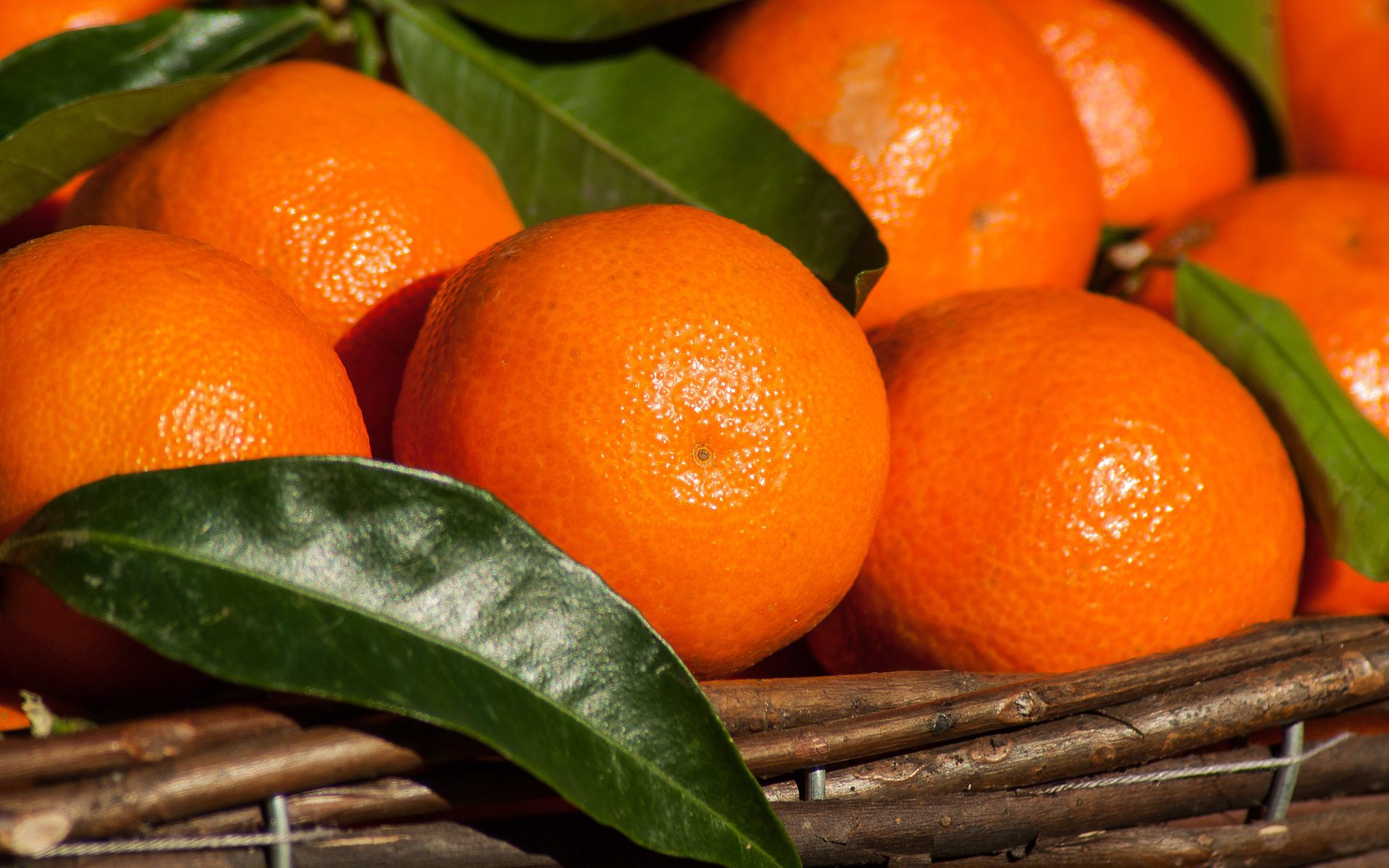Guest article by Porche Berry
Every time I smell fresh citrus it conjures images of summer with outdoor pool adventures as a child. Living in North America this is at odds with the reality that most citrus is in season right around Christmas but my brain doesn’t care, citrus = summer.
Actually citrus has an interesting history with sailors and scurvy. Scurvy is a disease caused by prolonged and severe Vit C deficiency, it was known even to Hippocrates.
James Lind did some research to determine how to prevent and correct the issue. He found that giving lemon juice to sailors would prevent or treat scurvy. Sauerkraut was ultimately chosen to do the job on long trips because unlike citrus it didn’t go bad (research also tells us that it has higher in Vit C content as well).
Interestingly genetic research has found that, like humans, citrus come from one common ancestor with mutations and cross breeding creating all the varieties we know today.
But Vit C and genetics aside we are actually here to talk about the essential oils. Before we go any further I have to clearly state DO NOT INGEST ESSENTIAL OILS. Without a trained professional you can easily cause organ damage because of the concentration levels that essential oils have. Most citrus essential oils are produced by a method called “cold pressing”. They take the peels and literally squish the crap out of them to squeeze all the oil out.
If you are considering topical application then any of the cold pressed citrus oils should be assumed to be “phototoxic” until you have clear information that says otherwise. Phototoxic means it makes skin more likely to burn with direct UV exposure to the same area for about 1 day after application. Some take longer for the effect to wear off and some take less. Diffusing them is the easiest application because for the most part you won’t need to worry about proper dilution since you only need a couple drops.
There are 8-10 essential oils that are readily available to the public which can be considered citrus oils. Many more exist but you won’t find them outside of research and perfumery. Eight of the oils are lemon, lime, sweet orange, blood orange, tangerine, yuzu, petitgrain, orange blossom/neroli, and bitter orange. Thankfully none of these oils require cautions for young children or pregnancy. Of the oils listed only bitter orange is NOT known for mood boosting effects, the rest however are very useful.
Anxiety, stress, depression, and nervous exhaustion can all be eased by diffusing any of the other seven oils, most of them are also antimicrobial so they may help prevent colds and flus.
If you choose neroli you should be aware that the relaxing effects are very potent so avoid driving or operating machinery until the effect wears off.
To diffuse an essential oil you can either have a pot of water at a low simmer on the stove or just buy a diffuser designed for the job. Lots are available on the market today. In either case only 1-3 drops is required to scent the space it’s in.
Are citrus oils going to be a magic cure for your mental woes? No, but they can help lighten the load just a little. Besides, who doesn’t love the smell of at least one type of citrus?
To learn more about essential oils and how to safely use them you can see the new mobile web app The Oil Apothecary.
Porche Berry developed a deep and abiding respect for natural medicine by repeatedly watching pharmaceutical drugs fail to treat long term health conditions in family members and friends. It started with a unique interest in watching shows on nutrition at the age of 10 and grew exponentially upon becoming a mother to a child who reacts strongly to pharmaceutical drugs. Through experience and careful research she has developed a skillfulness in translating detailed and technical topics into simpler formats to make it accessible to more people. It is her sincere wish and vision to see more people take command over their own health.


